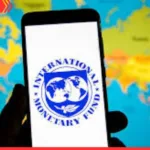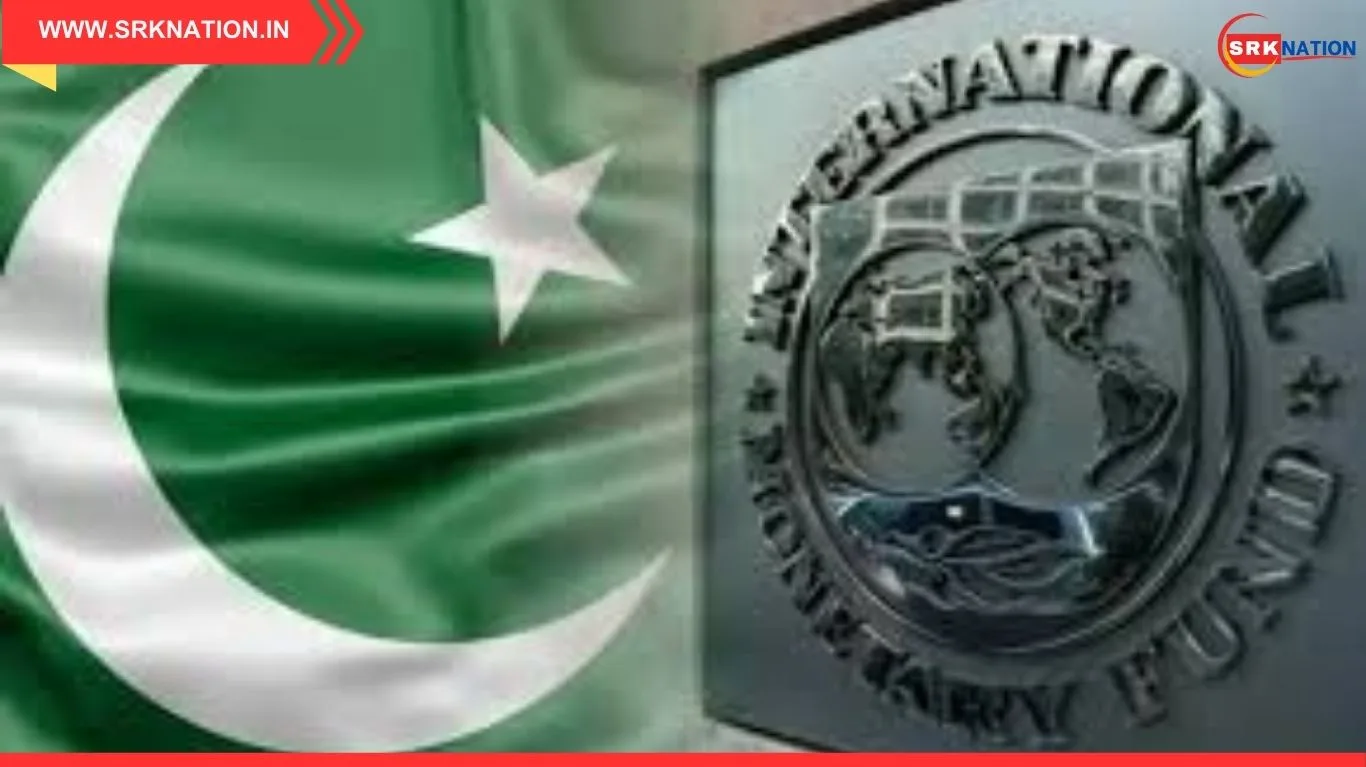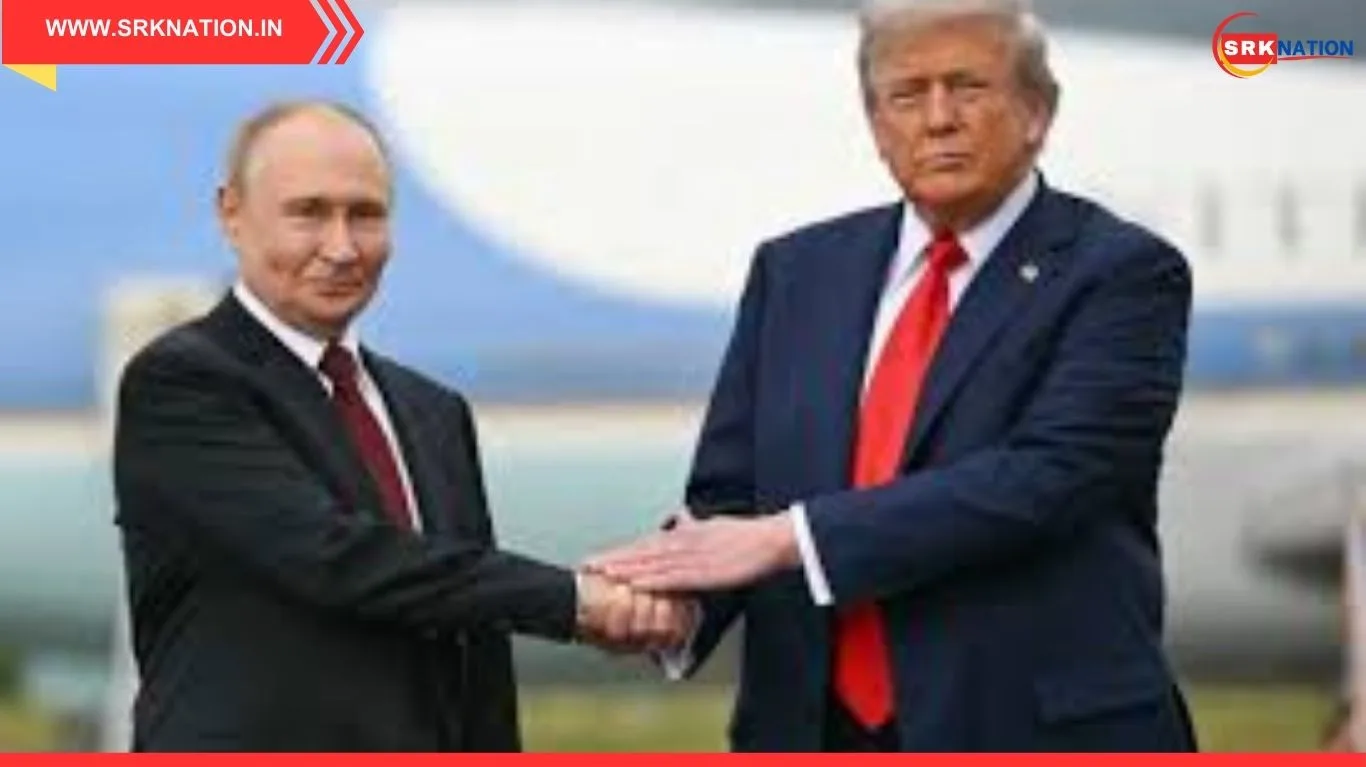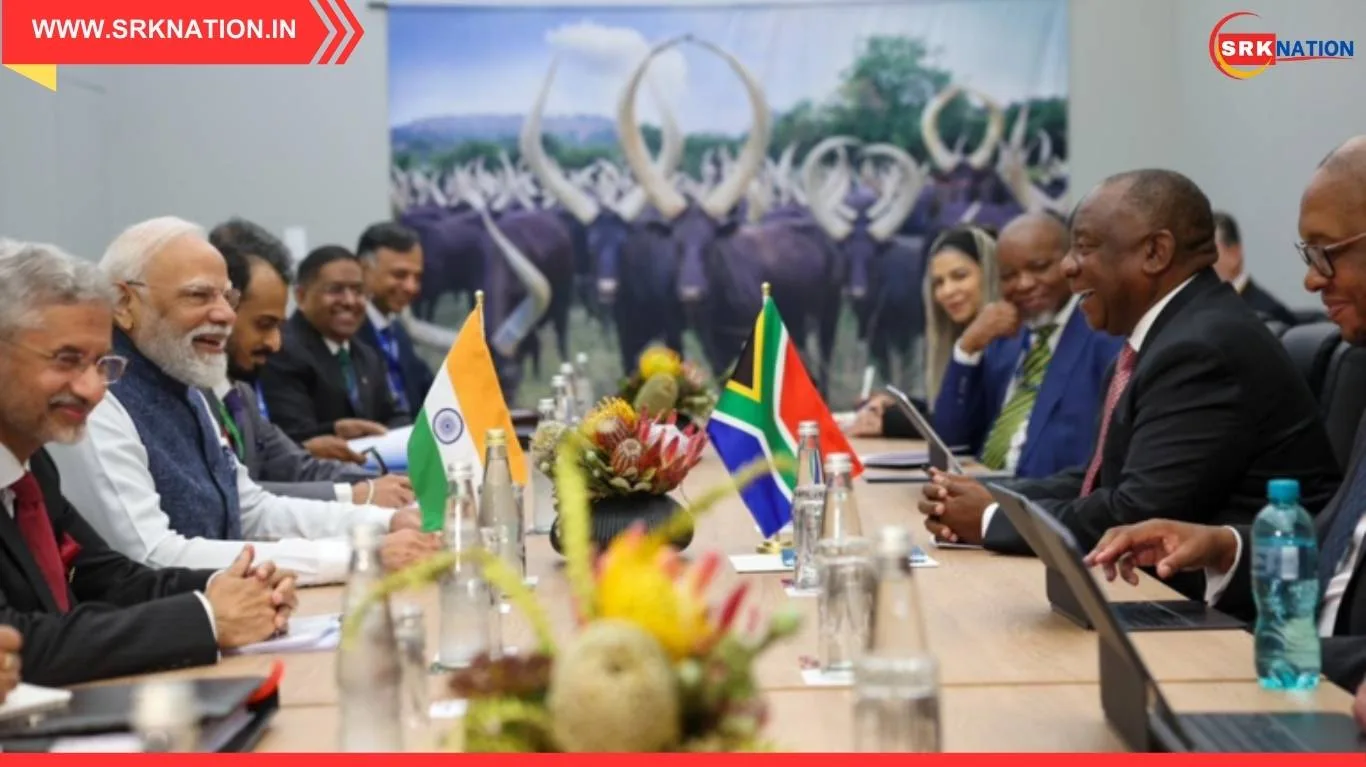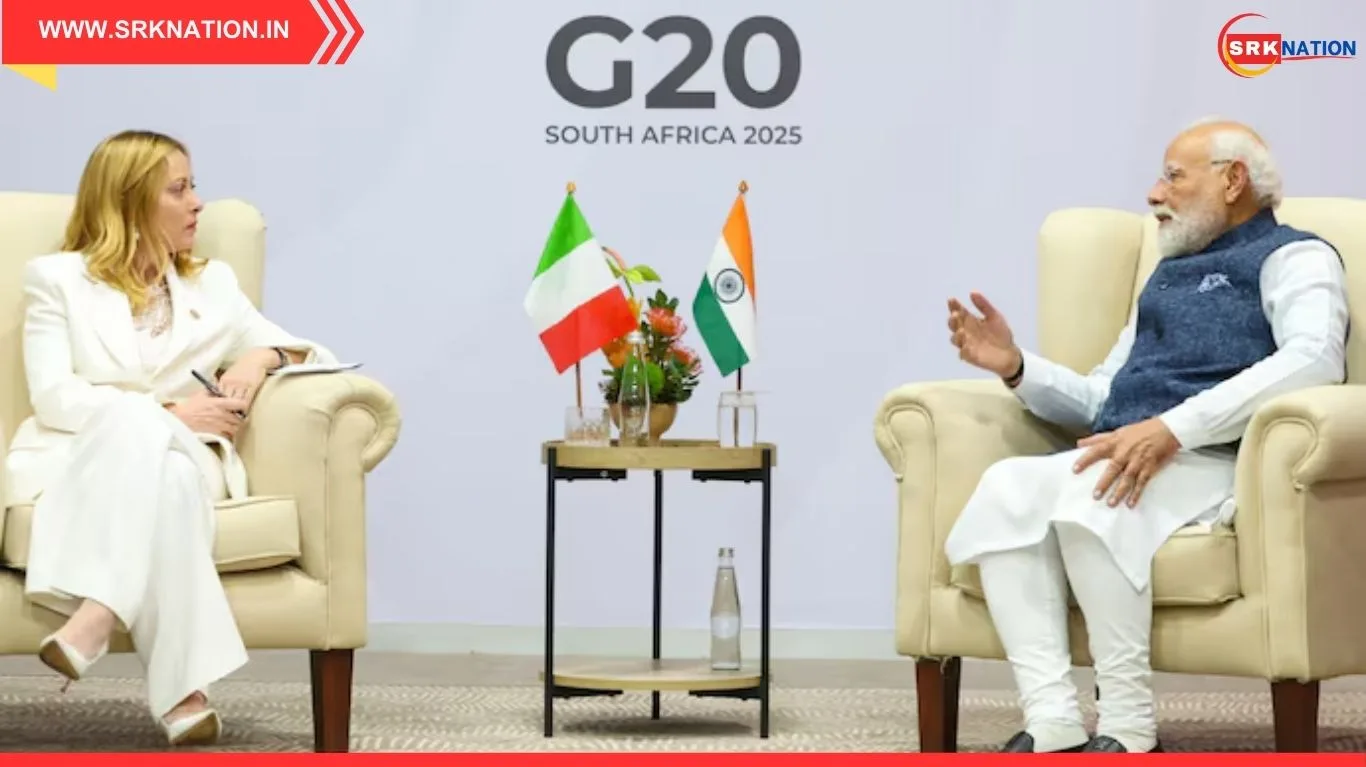The International Monetary Fund (IMF) has raised serious concerns about Pakistan’s governance structure, highlighting corruption, eroding public trust, and a system that disproportionately benefits the elite. The observations come at a time when Pakistan is grappling with economic instability, rising inflation, and mounting debt, making governance reforms more urgent than ever.
IMF’s Role in Pakistan
The IMF has been a critical player in Pakistan’s economic survival over the past decades.
- Bailout Packages: Pakistan has repeatedly turned to the IMF for financial assistance.
- Conditionalities: IMF programs often require structural reforms, fiscal discipline, and transparency.
- Monitoring: The IMF regularly reviews governance, corruption, and institutional performance as part of its oversight.
IMF’s Key Concerns
The IMF report flagged several issues undermining Pakistan’s governance:
- Corruption: Widespread corruption across institutions, from bureaucracy to political leadership.
- Eroding Public Trust: Citizens increasingly disillusioned with governance, leading to social unrest.
- Elite Capture: Policies and systems disproportionately benefit the wealthy and politically connected.
- Weak Institutions: Lack of accountability and transparency in public administration.
- Economic Consequences: Corruption and elite capture hinder growth, discourage investment, and exacerbate inequality.
IMF’s Observations vs Pakistan’s Reality
| Issue | IMF Observation | Ground Reality | Impact |
|---|---|---|---|
| Corruption | Rampant across institutions | Bribery, nepotism, misuse of funds | Weak governance, poor services |
| Public Trust | Declining confidence | Citizens disillusioned | Social unrest, protests |
| Elite Capture | System favours wealthy | Tax breaks, subsidies for elite | Widening inequality |
| Institutions | Weak accountability | Ineffective anti-corruption bodies | Lack of transparency |
| Economy | Growth hindered | Low investment, high debt | Persistent instability |
Public Reaction
The IMF’s concerns have resonated strongly with the public:
- Citizens: Express frustration over rising inflation and lack of accountability.
- Civil Society: Calls for stronger anti-corruption measures and institutional reforms.
- Political Opposition: Criticizes the government for failing to address systemic issues.
- Government Response: Officials acknowledge challenges but emphasize ongoing reform efforts.
Economic Indicators Highlighting Governance Challenges
| Indicator | Current Status | Impact |
|---|---|---|
| Inflation | Above 20% | Erodes purchasing power |
| Debt-to-GDP Ratio | Over 70% | Limits fiscal space |
| Foreign Reserves | Critically low | Dependence on external aid |
| Investment Climate | Weak | Discourages foreign investors |
| Poverty Rate | Rising | Social inequality deepens |
Broader Implications
The IMF’s observations have broader implications for Pakistan’s future:
- Economic Stability: Without governance reforms, bailout packages may only provide temporary relief.
- Social Cohesion: Eroding trust in institutions risks greater unrest and instability.
- Global Standing: Persistent corruption undermines Pakistan’s credibility with international partners.
- Development Goals: Elite capture prevents equitable distribution of resources, slowing progress.
Expert Opinions
- Economists: Stress that corruption and elite capture are major barriers to sustainable growth.
- Political Analysts: Warn that failure to address governance issues could lead to political instability.
- Civil Society Leaders: Advocate for stronger institutions and citizen participation in governance.
- International Observers: Emphasize the need for Pakistan to align with global standards of transparency.
Government’s Stand
The Pakistani government has responded cautiously:
- Acknowledgement: Officials admit corruption is a challenge.
- Reform Efforts: Highlight ongoing initiatives to strengthen institutions and improve transparency.
- Criticism of IMF: Some leaders argue that IMF observations overlook Pakistan’s unique challenges.
- Commitment: Pledge to continue working with international partners to stabilize the economy.
Challenges Ahead
Despite reform promises, Pakistan faces significant challenges:
- Entrenched Corruption: Deep-rooted practices difficult to dismantle.
- Political Resistance: Elite groups resist reforms that threaten their privileges.
- Weak Institutions: Anti-corruption bodies lack independence and resources.
- Economic Pressures: Rising debt and inflation limit fiscal flexibility.
Future Outlook
The IMF’s concerns could push Pakistan toward:
- Policy Reforms: Stronger anti-corruption laws and enforcement.
- Institutional Strengthening: Empowering watchdogs and judiciary.
- Public Engagement: Greater transparency and citizen participation.
- International Cooperation: Aligning with global standards to attract investment.
Conclusion
The IMF’s flagging of Pakistan’s corruption, eroding public trust, and elite-favouring system is a stark reminder of the urgent need for governance reforms. While economic challenges dominate headlines, the root causes lie in weak institutions, entrenched corruption, and policies that benefit a select few.
For Pakistan, the path forward requires not just financial assistance but a fundamental restructuring of governance to restore public trust, ensure accountability, and create a system that serves all citizens rather than the elite.
Disclaimer: This article is based on publicly available IMF reports, expert commentary, and regional updates. Readers are advised to follow official IMF and government statements for verified details.






